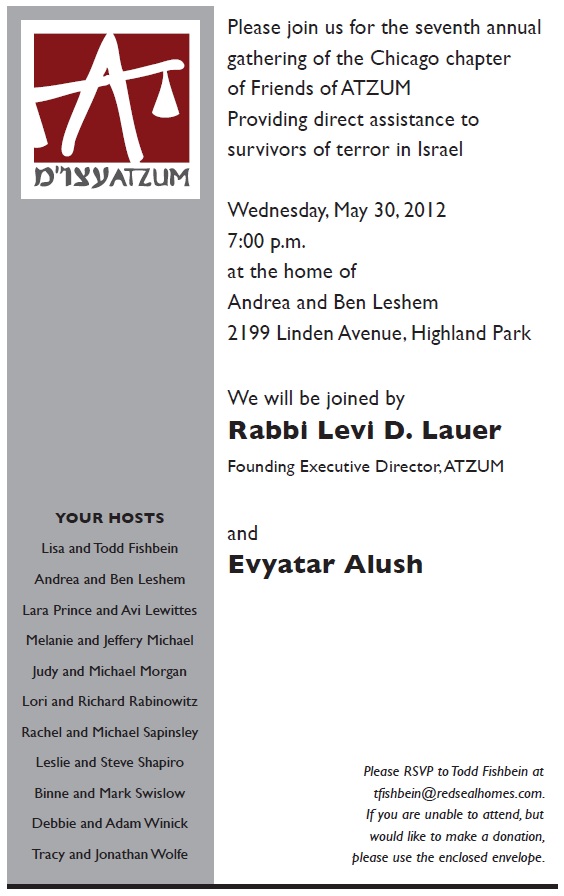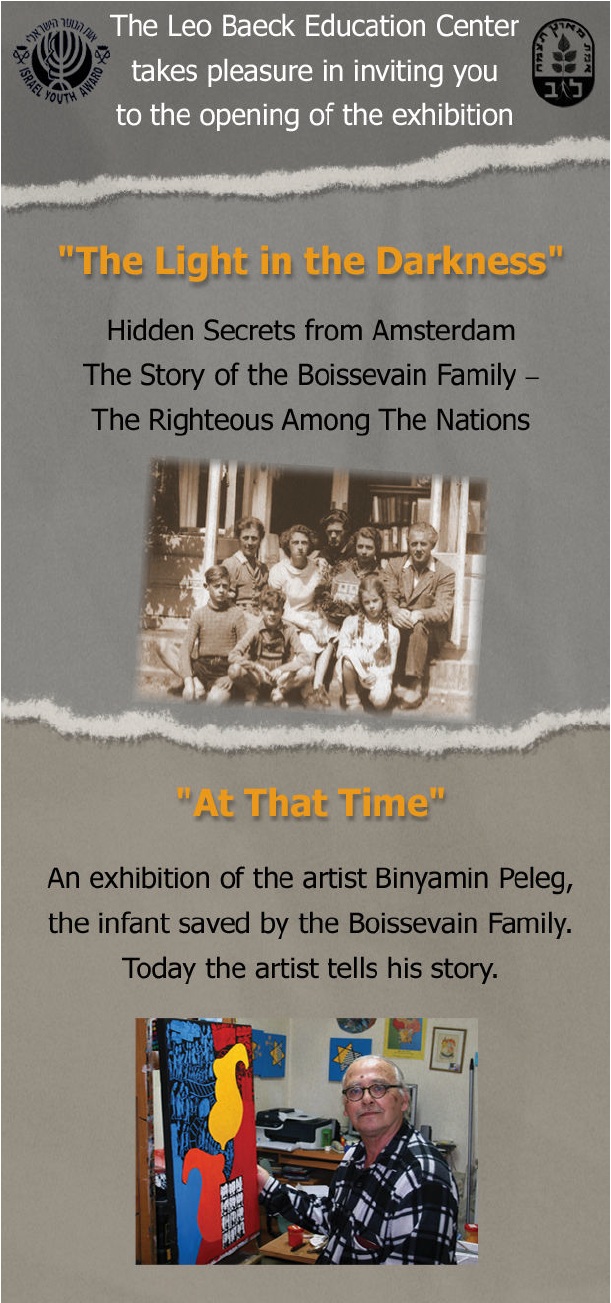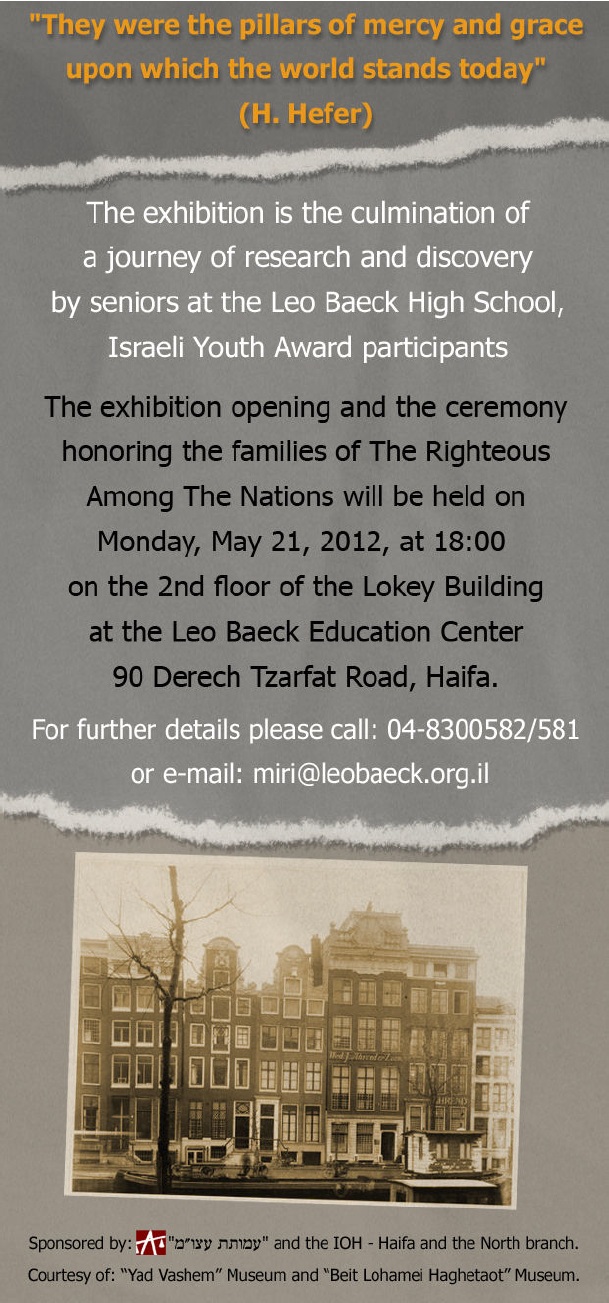By Osnat Asras and Simcha Tahlo
Today, Sunday, the 28th of Iyar, is Jerusalem Day. Yet many people are unaware of an additional significance to this day, bestowed on it by the Knesset: to commemorate the Ethiopian Jews who perished on their journey from Ethiopia to Israel.
Throughout their existence in the Diaspora, Ethiopian Jews had but one dream — to reach Jerusalem. On this day we remember those who fought for the city, as well as those who fought to reach it but died en route.
The subject of Ethiopian immigration to Israel, specifically the arduous trek from Ethiopia through Sudan, is almost completely unknown in Israeli society. People know that Ethiopian Jews “made aliyah on foot” but many are unaware of their tribulations while crossing Sudan, or of the 4,000 Jews who died trying.
We, the younger generation of Ethiopians, are also unfamiliar with these stories. Only recently, when we met with people recognized as Ethiopian “Prisoners of Zion” (activists who were imprisoned for promoting Zionism), were we exposed to accounts of their aliyah.
Until then, we didn’t understand the added significance of this day. We knew our parents overcame hardship and adversity to make aliyah, but we didn’t know of those in the community who fought and sacrificed so much in order to reach the land of Israel.
These stories, especially when they are recounted first-hand, have the power to influence our current situation. Through such stories we can better appreciate what our community has endured and overcome, and this appreciation can be felt both within the Ethiopian community and Israeli society as a whole.
Here is one story, to illustrate our point. Our aunt, who made aliyah by walking across Sudan, always looked sad. We never bothered to understand why. Only recently, after we made an effort to ask, did we discover that during her journey to Israel, bandits had murdered three of her children in front of her. Her husband also perished along the way. Our aunt left Ethiopia with a family of seven, but arrived in Israel with a family of three. When we asked her why she fought so hard to persevere, she answered simply, “Because of Jerusalem.” This is just one example of the painful stories common among Ethiopian Jews, personal accounts that were not shared with the wider public or even with their own community.
Today, we say to Ethiopian youths: Inquire. Start a conversation, before it’s too late. Our parents don’t always speak, but we must get them to open up. It’s better to know than not to. Even if the stories are horrific, we must embrace them in order to remember and pass the legacy on to our children.
To our parents we say: Talk to us. Tell us what happened there. Share with us what you went through. Pass it on. It could give your children strength; they will appreciate you even more and appreciate the country even more.
And to other members of Israeli society we say: Ask. Show interest. Be persistent. Only in this way will you understand that Ethiopian aliyah didn’t result from charity, but rather from immense personal hardship and sacrifice. Ethiopian Jews made enormous sacrifices to come here. There were many advocates for immigration within the community, and they contributed to the country and ensured Jews arrived in Israel, despite the many perils they faced.
Jerusalem Day is also a day of commemoration for the Ethiopian Jewish community, and it provides an opportunity both to celebrate Jerusalem and to grasp the story of Ethiopian Jewry.
Ethiopian Jews always dreamed of Jerusalem and always aspired to reach the Land of Israel. Let us thank them, honor them and remember them, because their story is intertwined with the incredible story of Zionism.
Osnat Asras and Simcha Tahlo are students from Beer Sheva currently participating in ATZUM’s Project Abrah, an oral history film project that bridges the generation gap in Israel’s Ethiopian community and educates the public about the Ethiopian Aliyah experience by shedding light on the heroic struggle of Ethiopian “Prisoners of Zion.”











